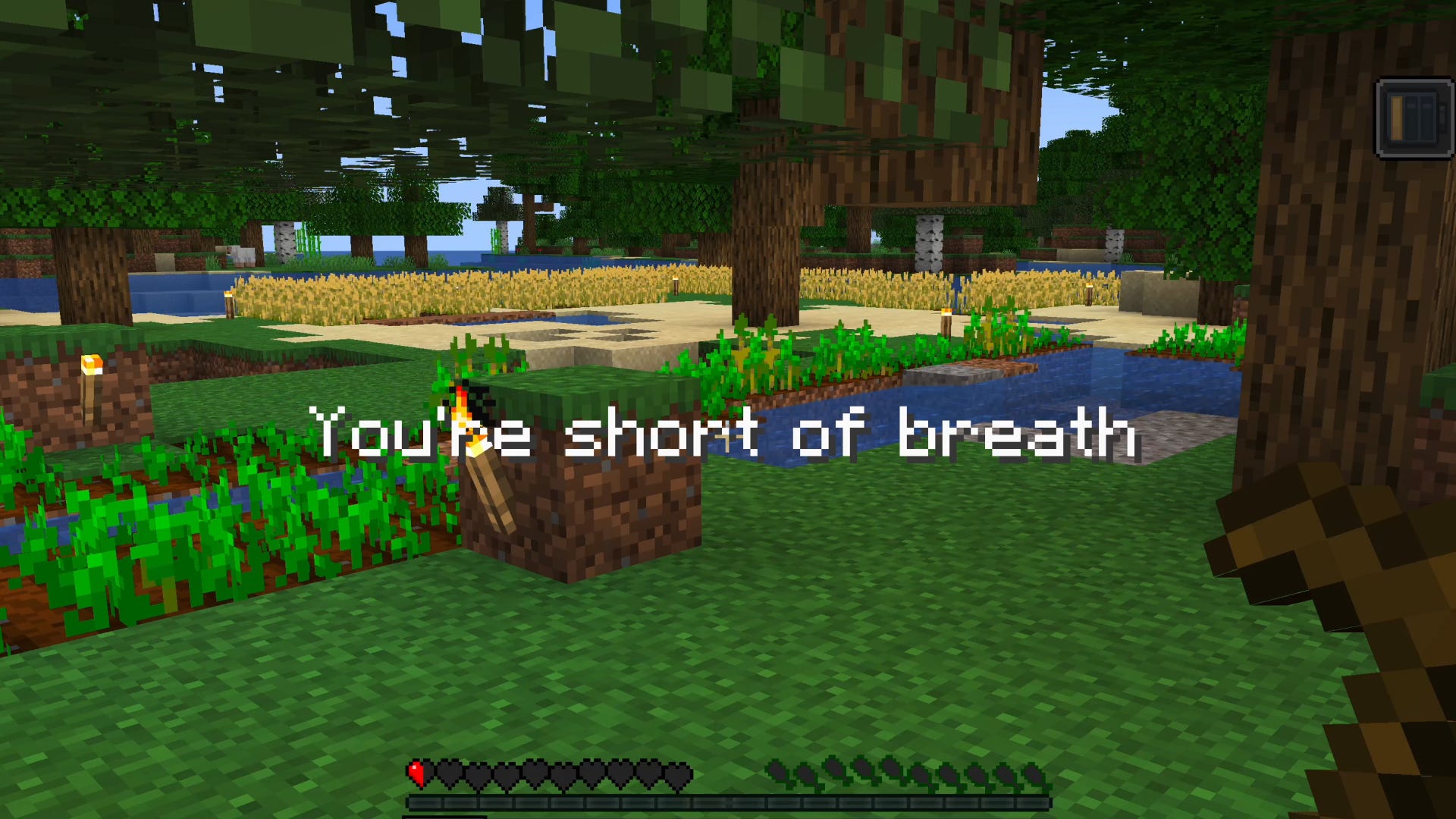
One major obstacle to fighting long COVID is that we're still working out what it is. In the absence of a scientific consensus on what is still an emerging medical phenomenon, the World Health Organisation defines the condition loosely as "the continuation or development of new symptoms 3 months after the initial SARS-CoV-2 infection, with these symptoms lasting for at least 2 months with no other explanation." The most common long COVID symptoms, according to the UK National Health Service, are extreme tiredness, shortage of breath, muscle aches and loss of smell. But patients may experience many other, seemingly random symptoms, from tinnitus through diarrhoea to memory loss. The condition's progression can be unpredictable, too: people may get better only to relapse weeks or months down the road.
Long COVID is a life-altering disease that now affects tens of millions of people worldwide. It may leave you unable to do your job, go to school, socialise, or exert yourself in any way without needing to lie down. Beyond the immediate physical toll, it can have severe knock-on effects on your mental health. But given the range and apparent arbitrariness of its effects, and the current lack of a universally accepted test for long COVID, articulating its impact to those who aren't affected can be difficult. Some symptoms, such as post-exertional malaise, might not be obvious to other people, making it harder to claim health insurance, justify time off work, or simply explain to your children why you suddenly need to spend the afternoon in bed.
"It's an invisible illness," says Chantal Britt, co-chair of non-government organisation Long COVID Europe, who came down with long COVID herself after catching the virus in March 2020. "You don't see that I'm sick. I mean, you look at me, and you think 'she's a bit older', but I don't look sick. I struggle to explain it to anybody. And my kids, you know, they look at me, particularly the boys, because they're not affected. And they always say, what's wrong with you? Why don't you run marathons any more? You know, I simply can't. It's impossible."
